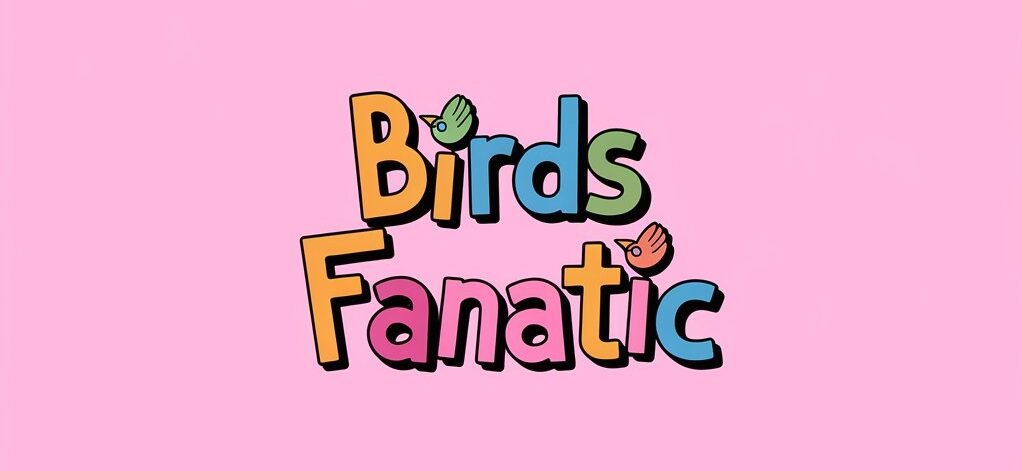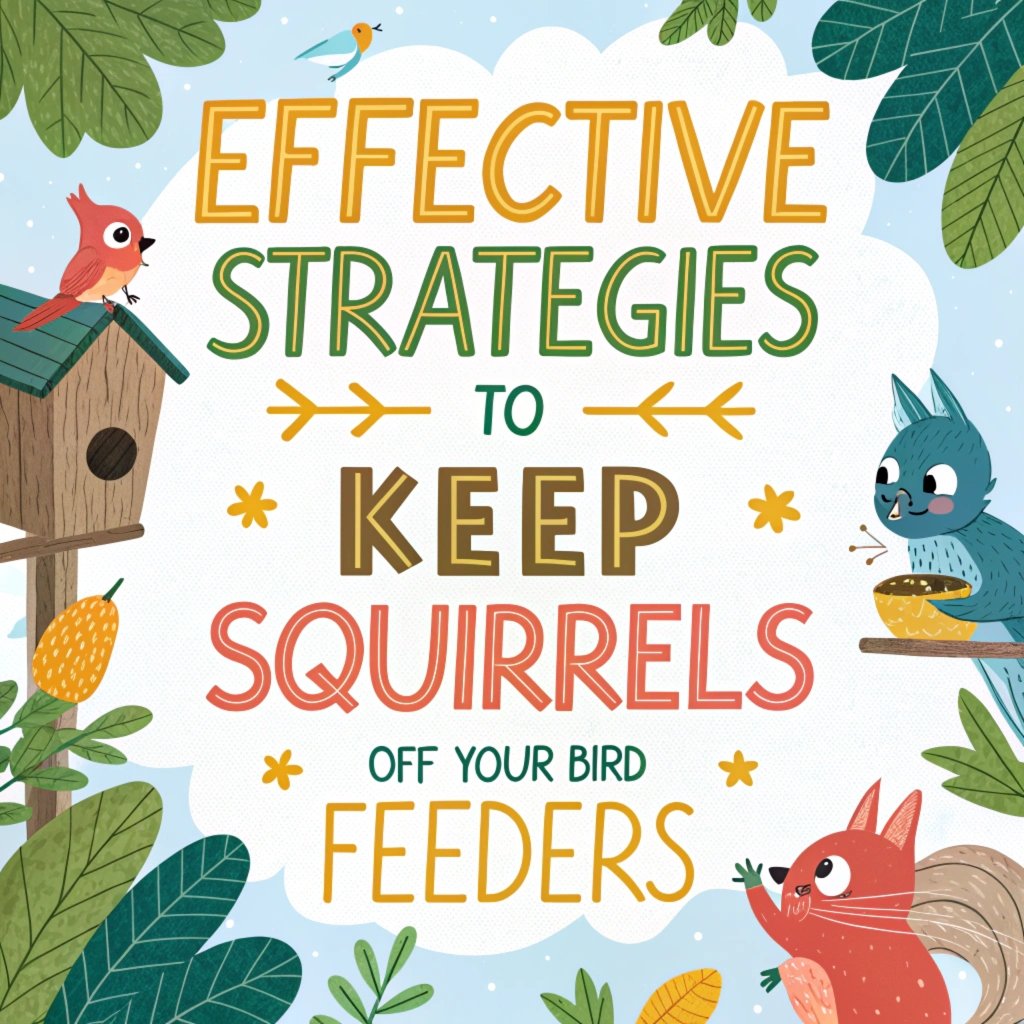Effective Strategies to Keep Squirrels Off Your Bird Feeders: Proven Methods for a Peaceful Backyard Oasis
These agile creatures are known for their persistence and cleverness when it comes to raiding bird feeders.
Bird feeding is a delightful hobby that brings joy to many garden enthusiasts. However, the presence of squirrels can often turn this peaceful activity into a frustrating experience.
But fear not! There are numerous effective strategies you can employ to keep squirrels at bay and ensure that your feathered friends can enjoy their meals undisturbed.
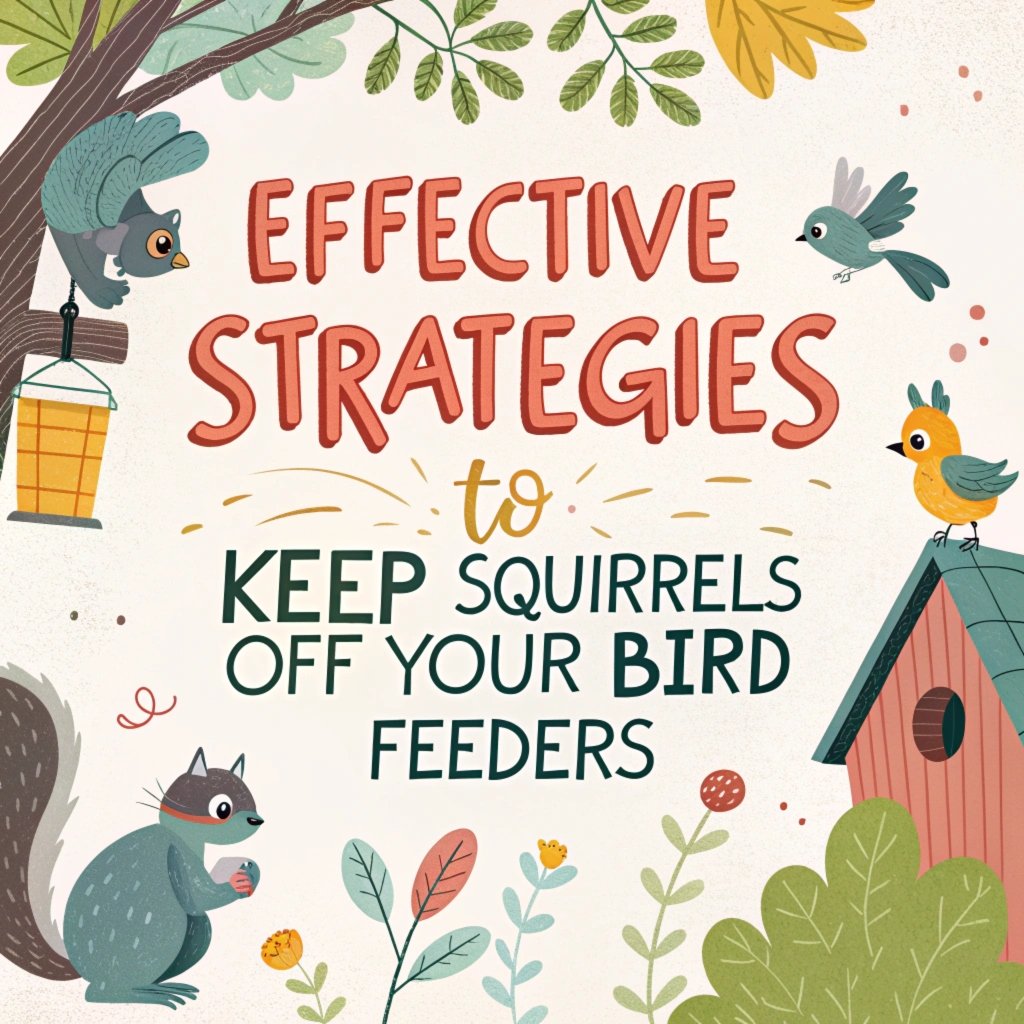
Key Takeaways:
- Implement the 5-7-9 rule for optimal feeder placement
- Use squirrel-proof feeders with weight-activated mechanisms
- Install baffles above and below feeders for added protection
- Choose less attractive seeds like safflower or niger
- Apply natural deterrents such as cayenne pepper or essential oils
- Keep feeding areas clean to reduce attraction
- Provide alternative food sources for squirrels
- Regularly maintain and inspect your bird feeding setup
- Combine multiple strategies for maximum effectiveness
- Consider the ecosystem and avoid harmful methods
Elevate Your Feeder: The 5-7-9 Rule for Squirrel-Proof Placement
One of the most effective ways to keep squirrels away from your bird feeders is by strategically placing them using the 5-7-9 rule.
This rule suggests that feeders should be positioned at least 5 feet above the ground, 7 feet away from any potential jumping-off points, and 9 feet below any overhanging branches or structures.
By adhering to these guidelines, you create a challenging environment for squirrels to access your feeders. Squirrels are known for their impressive jumping abilities, but they do have limitations.
By placing your feeders high enough and far enough from launch points, you significantly reduce the chances of squirrels reaching them.
Additionally, ensuring that there are no nearby structures or branches from which squirrels can drop down onto the feeder is crucial.
This method takes advantage of the natural limitations of squirrel agility and creates a safe zone for birds to feed undisturbed.
Invest in Squirrel-Proof Feeders: Outsmarting the Clever Critters
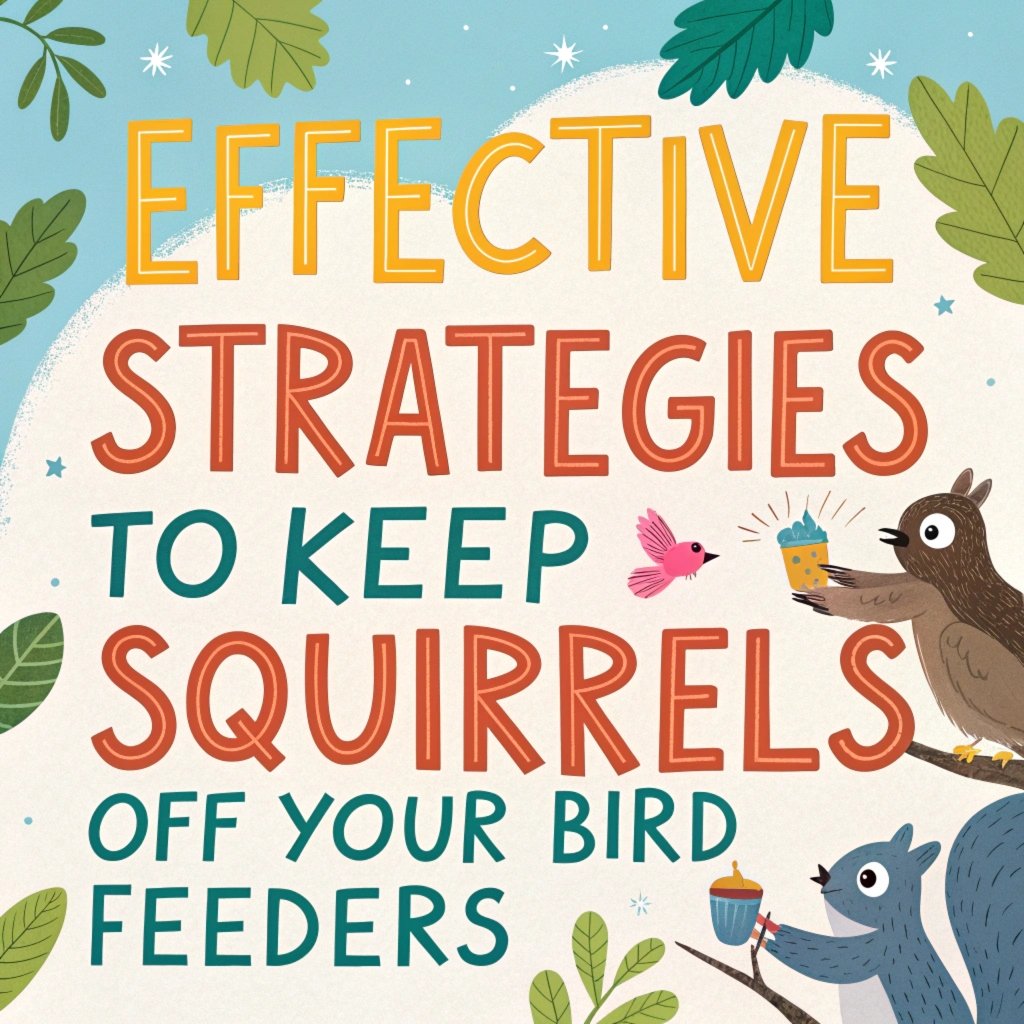
Squirrel-proof feeders are designed with innovative features to prevent these persistent creatures from accessing the bird food.
One popular type is the weight-activated feeder, which closes access to the seed ports when a heavier animal, like a squirrel, attempts to feed.
These feeders are calibrated to allow smaller birds to perch and eat freely while denying access to larger, heavier animals. Another effective option is the caged feeder, which surrounds the main feeding area with a wire mesh.
The openings in the cage are large enough for small birds to enter but too small for squirrels to squeeze through.
Some feeders also incorporate spinning mechanisms that use the squirrel’s weight to rotate the feeder, gently displacing them without causing harm.
By investing in these specially designed feeders, you can significantly reduce squirrel interference and ensure that your bird food reaches its intended recipients.
Baffle Them Away: Installing Physical Barriers
Baffles are physical barriers designed to prevent squirrels from reaching your bird feeders. They come in various shapes and sizes, with the most common being dome-shaped or cylindrical.
When installed correctly, baffles create an insurmountable obstacle for squirrels, effectively keeping them away from the feeder.
For pole-mounted feeders, place a cylindrical baffle below the feeder. The smooth surface and wide diameter make it impossible for squirrels to climb around. For hanging feeders, install a dome-shaped baffle above the feeder.
This prevents squirrels from dropping down onto the feeder from above. Baffles should be large enough and positioned at the right height to be effective.
Remember to regularly check and adjust baffles to ensure they remain in the optimal position for maximum squirrel deterrence.
Choose Less Attractive Seeds: Safflower and Niger to the Rescue
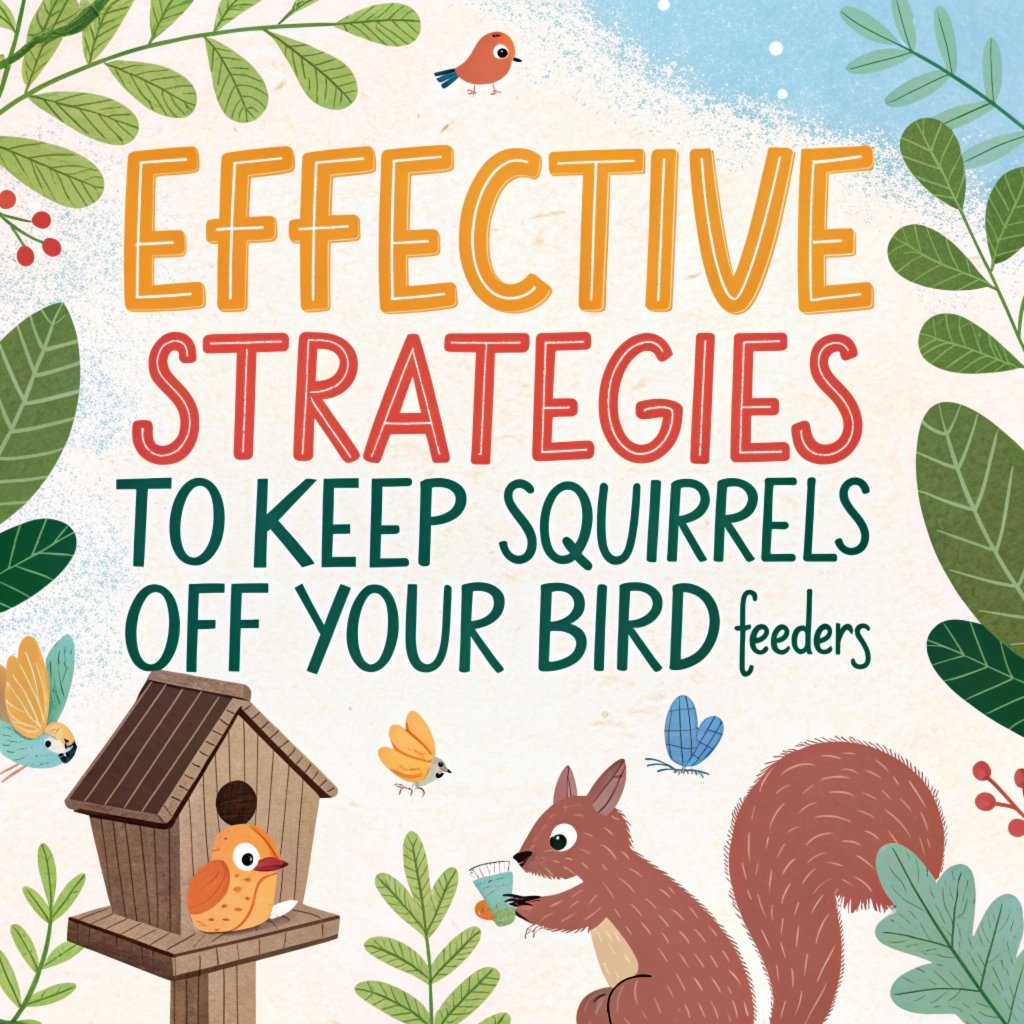
While many birds enjoy a variety of seeds, some types are less appealing to squirrels. Safflower seeds and niger seeds (also known as thistle) are excellent choices for deterring squirrels while still attracting a wide range of bird species.
These seeds have a bitter taste that squirrels generally dislike, making them less likely to raid your feeders.
Safflower seeds are particularly favored by cardinals, chickadees, and finches, while niger seeds are a favorite of goldfinches and other small songbirds.
By switching to these less attractive seeds, you can continue to enjoy a diverse array of feathered visitors while discouraging squirrel activity.
Additionally, mixing these seeds with other types can create a blend that is less appealing to squirrels but still enticing to birds.
Spice Things Up: Natural Deterrents for Squirrels
Natural deterrents can be an effective and humane way to keep squirrels away from your bird feeders. One popular method is to add cayenne pepper or other spicy substances to your bird seed.
Birds lack the receptors to detect capsaicin, the compound that makes peppers spicy, so they can enjoy the seeds without any discomfort. Squirrels, on the other hand, find the spicy taste unpleasant and will likely avoid the treated seeds.
Another natural option is to use essential oils with strong scents that squirrels find disagreeable. Peppermint, citrus, or eucalyptus oils can be diluted and sprayed around the feeder area or on nearby surfaces.
These scents can deter squirrels without harming them or the birds. Remember to reapply these natural deterrents regularly, especially after rain, to maintain their effectiveness.
Keep It Clean: Maintaining a Tidy Feeding Area
A clean feeding area is not only beneficial for the health of your feathered visitors but also helps in deterring squirrels.
Regularly clean up any spilled seeds or debris around your feeders. This practice reduces the attraction for squirrels and other unwanted wildlife that might be drawn to the easy pickings on the ground.
Implement a routine of sweeping or raking the area beneath your feeders daily. Consider using a seed catcher tray or platform beneath hanging feeders to collect fallen seeds.
This not only keeps the area tidy but also provides a feeding spot for ground-feeding birds.
By maintaining a clean feeding zone, you minimize the visual and olfactory cues that might attract squirrels to your bird feeding station.
Provide Alternative Food Sources: Distract and Divert
Sometimes, the best defense is a good offense. Consider setting up a separate feeding station specifically for squirrels, located away from your bird feeders.
This can help divert their attention and satisfy their hunger, reducing their motivation to raid your bird feeders.
Corn cobs, peanuts, or specially formulated squirrel food can be offered in these designated areas. Place the squirrel feeding station in a part of your yard that’s easily accessible to them but far from your bird feeders.
This strategy acknowledges that squirrels are part of the ecosystem and provides them with a food source while protecting your bird feeding area.
Remember to maintain and refill the squirrel feeder regularly to keep it an attractive alternative to your bird feeders.
Implement Spinning Mechanisms: A Merry-Go-Round for Squirrels
Spinning mechanisms can be highly effective in preventing squirrels from accessing your bird feeders. These devices work by using the squirrel’s weight to activate a spinning motion, gently displacing them without causing harm.
You can either purchase feeders with built-in spinning mechanisms or add spinning devices to your existing setup. One popular option is the spinning hook, which can be used to hang your bird feeder.
When a squirrel attempts to climb onto the feeder, their weight causes the hook to spin, making it difficult for them to maintain their grip.
Another effective tool is the squirrel spinner, a separate device that can be attached to your feeder pole.
These spinning mechanisms provide a humane and often entertaining way to keep squirrels at bay while allowing birds to feed undisturbed.
Create an Obstacle Course: Challenging Squirrel Agility
Transform your bird feeding area into a challenging obstacle course for squirrels. This method takes advantage of squirrels’ limitations in balance and agility.
Start by stringing a wire or sturdy rope between two trees or poles, ensuring it’s at least 7 feet away from any jumping-off points.
Hang your bird feeder from the middle of this wire. To make it even more challenging, add empty soda bottles or other smooth, cylindrical objects on either side of the feeder.
When squirrels attempt to tightrope walk towards the feeder, they’ll find it difficult to maintain their balance on these smooth surfaces.
This setup not only deters squirrels but can also be quite entertaining to watch as they try (and fail) to reach the feeder.
Remember to secure all components well to ensure they can withstand both weather and persistent squirrels.
Use Slinky Barriers: A Playful Yet Effective Solution
A surprisingly effective and somewhat whimsical method to deter squirrels is the use of a Slinky toy. This childhood favorite can be repurposed as an excellent squirrel barrier when attached to your bird feeder pole.
To set it up, simply attach one end of the Slinky to the pole just below your feeder, allowing the rest to hang freely.
When a squirrel attempts to climb the pole, the Slinky stretches downward under their weight, effectively giving them a ride back to the ground.
This method is not only effective but also harmless and entertaining. The key is to ensure the Slinky is properly secured and that it’s long enough to reach close to the ground.
Regular checks and adjustments may be necessary to maintain its effectiveness, especially after windy or stormy weather.
Regular Maintenance: The Key to Long-Term Success
Maintaining your squirrel-proofing measures is crucial for long-term success in keeping these clever creatures at bay.
Regular inspections and upkeep of your bird feeding setup can prevent squirrels from finding new ways to access the feeders.
Check your feeders, baffles, and other deterrents frequently for signs of wear or damage. Ensure that all components are securely fastened and functioning as intended.
Clean your feeders regularly to prevent seed from spoiling and to remove any residue that might attract squirrels.
Adjust the position of your feeders and baffles as needed, especially after strong winds or if you notice squirrels have found a new access point.
By staying vigilant and proactive in your maintenance routine, you can ensure that your squirrel-proofing strategies remain effective over time.
FAQs
What is the best type of bird feeder to keep squirrels away?
The best squirrel-proof bird feeders are those with weight-activated mechanisms or caged designs. Weight-activated feeders close access to seed ports when a heavier animal like a squirrel attempts to feed, while caged feeders have openings too small for squirrels to enter but large enough for birds.
Can squirrels be deterred by certain types of bird seed?
Yes, squirrels are less attracted to safflower seeds and niger seeds. These seeds have a bitter taste that squirrels generally dislike, making them excellent choices for deterring squirrels while still attracting a variety of bird species.
How high should I hang my bird feeder to prevent squirrels from reaching it?
Following the 5-7-9 rule, hang your bird feeder at least 5 feet above the ground, 7 feet away from any jumping-off points, and 9 feet below any overhanging branches or structures. This placement makes it challenging for squirrels to access the feeder.
Are there any natural, safe ways to repel squirrels from bird feeders?
Yes, natural deterrents like cayenne pepper mixed with bird seed or essential oils (such as peppermint or citrus) sprayed around the feeder area can effectively repel squirrels without harming birds or other wildlife.
How often should I clean my bird feeder area to discourage squirrels?
It’s best to clean up spilled seeds and debris around your feeders daily. Regular cleaning reduces the attraction for squirrels and other unwanted wildlife while promoting a healthier environment for birds.
Can providing alternative food sources for squirrels help protect my bird feeders?
Yes, setting up a separate feeding station for squirrels with foods they enjoy, such as corn cobs or peanuts, can divert their attention away from your bird feeders. Place this station far from your bird feeding area for best results.
Are spinning mechanisms effective in deterring squirrels?
Spinning mechanisms, such as spinning hooks or pole-mounted devices, can be highly effective. They use the squirrel’s weight to activate a spinning motion, gently displacing them without causing harm.
How do baffles work to prevent squirrels from accessing bird feeders?
Baffles are physical barriers that prevent squirrels from climbing to or dropping onto feeders. Dome-shaped baffles work well for hanging feeders, while cylindrical baffles are effective for pole-mounted feeders.
Is it harmful to use spicy additives in bird seed to deter squirrels?
No, it’s not harmful. Birds lack the receptors to detect capsaicin (the compound that makes peppers spicy), so they can eat spicy seeds without discomfort. Squirrels, however, find the spiciness unpleasant and will avoid it.
How can I make my existing bird feeder more squirrel-resistant?
You can add baffles above or below your feeder, use a spinning hook to hang it, or create an obstacle course with smooth objects like empty soda bottles. Regular maintenance and strategic placement using the 5-7-9 rule can also improve your feeder’s squirrel resistance.

Hello, I’m Amelia White, the founder of birdsfanatic.com. As a lifelong bird enthusiast and spiritual seeker, I’ve always been fascinated by the mystical connections between birds and the human experience. On this site, I share my knowledge and insights into the symbolic meanings and spiritual significance of various bird species, exploring their roles in mythology, folklore, and cultural traditions. Join me on this journey into the world of birds, where we’ll discover the hidden wisdom and guidance that these magnificent creatures have to offer.
